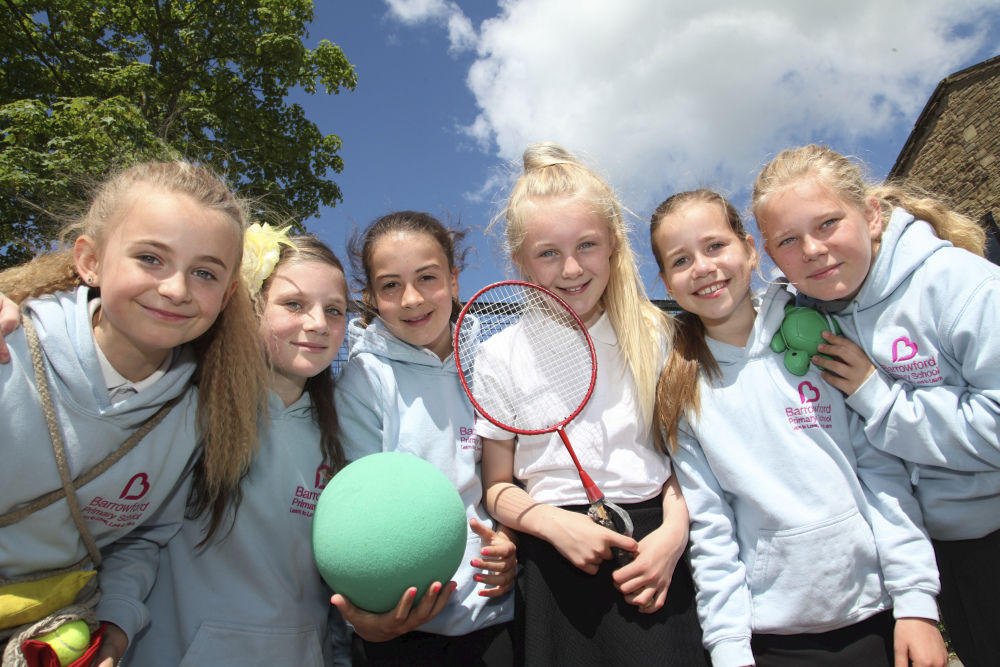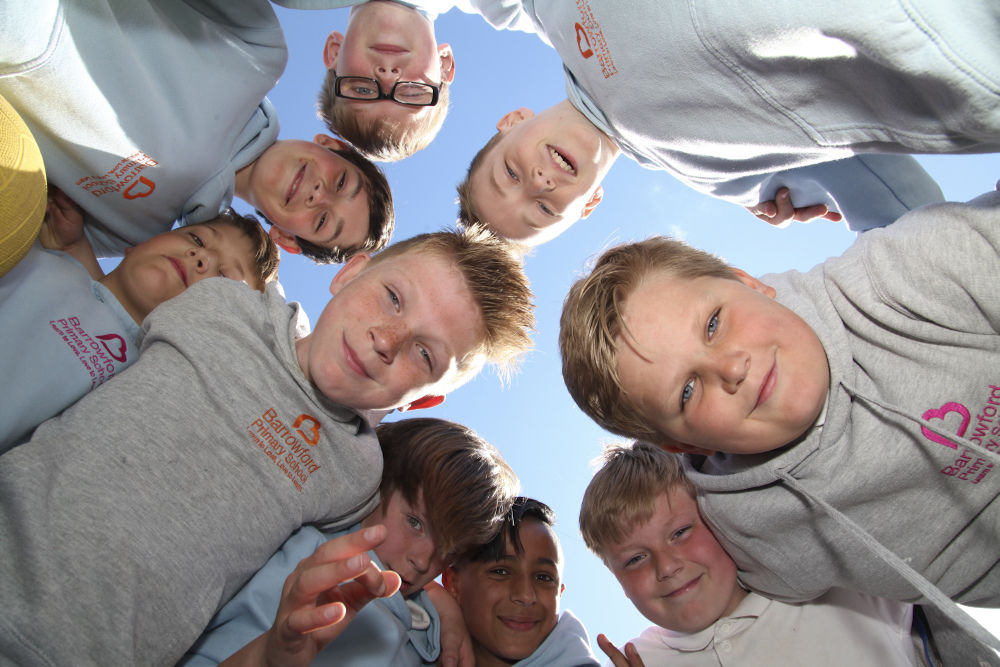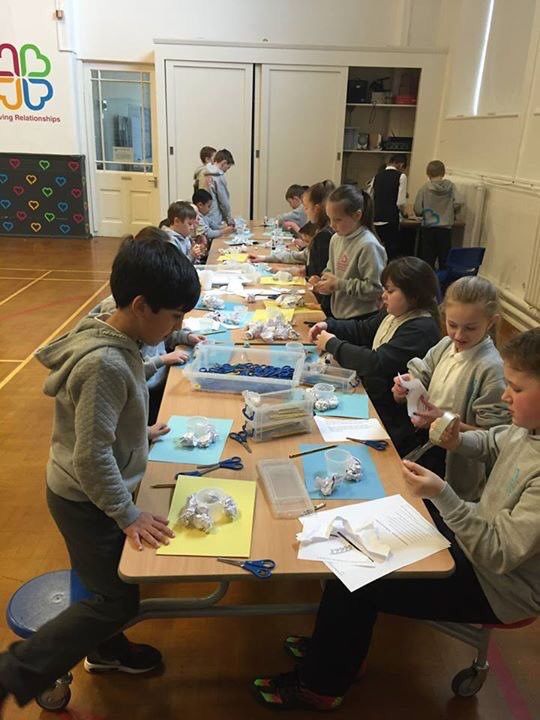Can you imagine a primary school where no child is punished, and teachers do not raise their voices in anger? Can you imagine a step further – a primary school where children are not rewarded for good behaviour or good marks?
This is the ethos of Barrowford Primary School, an Ashoka Changemaker School, which is located in Lancashire, UK. Barrowford’s school policy states that no child is to be defined as naughty. Instead of punishing a child for bad behaviour, the school uses a restorative approach to encourage everyone to take responsibility for their own behaviour.

The restorative approach is based on four key features:
- Respect – listening to other opinions and learning to value them
- Responsibility – taking responsibility for your own actions
- Repair – developing the skills to repair harm and ensure inappropriate behaviours are not repeated
- Re-integration – working through a structured, supportive process that aims to solve the problem and allows young people to remain in mainstream education
How children are able to respond to failure, and how they approach learning, is the key to being successful in the 21st century. In her Ted talk, educationalist Carol Dweck challenges the constant pressure on children to focus on “getting the next A or the next test score”. She argues that this fixed mindset – as opposed to a growth mindset – is creating a generation of children who are carrying a “need for constant validation with them into their future lives.” Carol calls for a change in how we praise children, and for a celebration of the “yet” – what we are yet to achieve.
Allowing children the freedom to make – and subsequently learn from – mistakes is one of the key messages of Barrowford’s restorative approach. The school’s sanction – and reward – free policy is designed to encourage a growth mindset, and a love of learning.
‘Love to learn’ forms the second half of the school’s motto – the first part is ‘Learn to love’, which headteacher Rachel Tomlinson admits is often misunderstood.
“Learning to love is about teaching children emotional literacy, to have control of their emotions, to be aware of who they are as individuals, and how they can improve. We all should be improving all the time in order to be better learners and better people,” explains Rachel.
Virgin Unite, Ashoka, Carol Dweck2

The school is committed to providing a nurturing environment, and no children have been excluded from the school since Rachel has been in charge.
When a Year 4 pupil started having trouble focusing in class and presented as anxious, Barrowford’s Nurture Team worked with the pupil, her teacher and her family to tackle these issues. The pupil had in the past witnessed her mother suffer domestic abuse, and was also taking on caring responsibilities for a younger sibling at home. The pupil’s teacher and family were able to better understand how to interact with the pupil and how to give her the support she needed. Through school-based play therapy and this support, the pupil was able to overcome her anxiety and become a happy and enthusiastic learner.
Virgin Unite, Ashoka, Carol Dweck3

Barrowford believes that central to ‘learning to love’ is learning to respect an individual’s differences.
“Treating people equally doesn’t mean treating them the same – one person’s needs are very different to another’s. In a punishment-free and reward-free environment, we can sit down and challenge each other when we feel someone’s behaved inappropriately. Even as adults, people find that very difficult,” says Rachel. “If we can give children the ability to celebrate and to understand differences, it could change how situations like war and refugee crises in the future are handled.”
Barrowford’s no punishment, no reward approach allows pupils the freedom to make and learn from mistakes, which teaches resilience and encourages a growth mindset. By emphasizing the importance of respect and empathy for one another, pupils develop the skills for conflict resolution. Barrowford’s restorative approach is empowering its pupils to become the next generation of changemakers.
By Ellen Goodman, Ashoka UK. Barrowford Primary School was elected an Ashoka Changemaker School in 2015. Ashoka Changemaker Schools are disrupting education systems teaching skills from empathy to entrepreneurialism. Read more information on the programme.
This article first appeared on 18th April 2016 on Virgin.com
